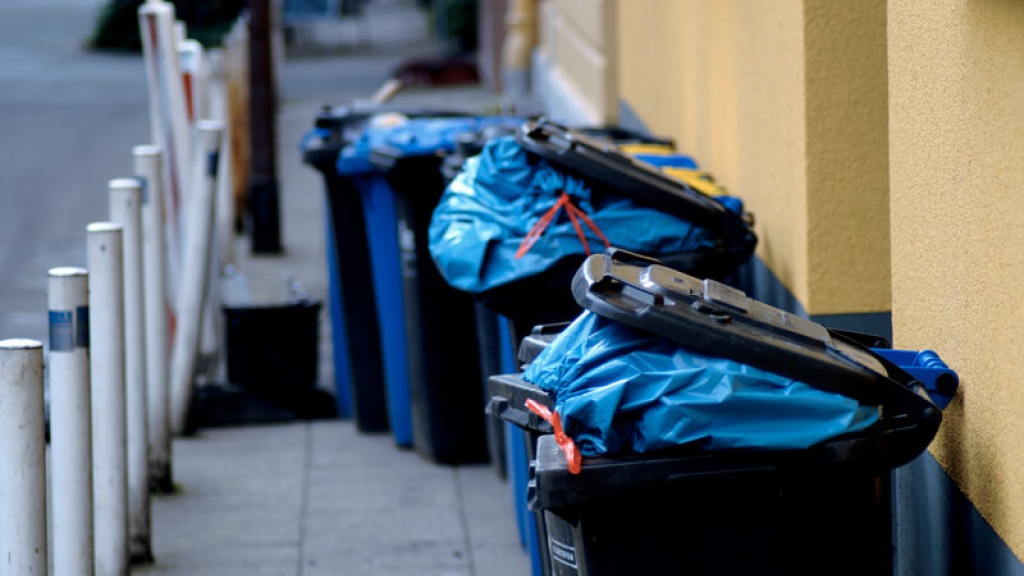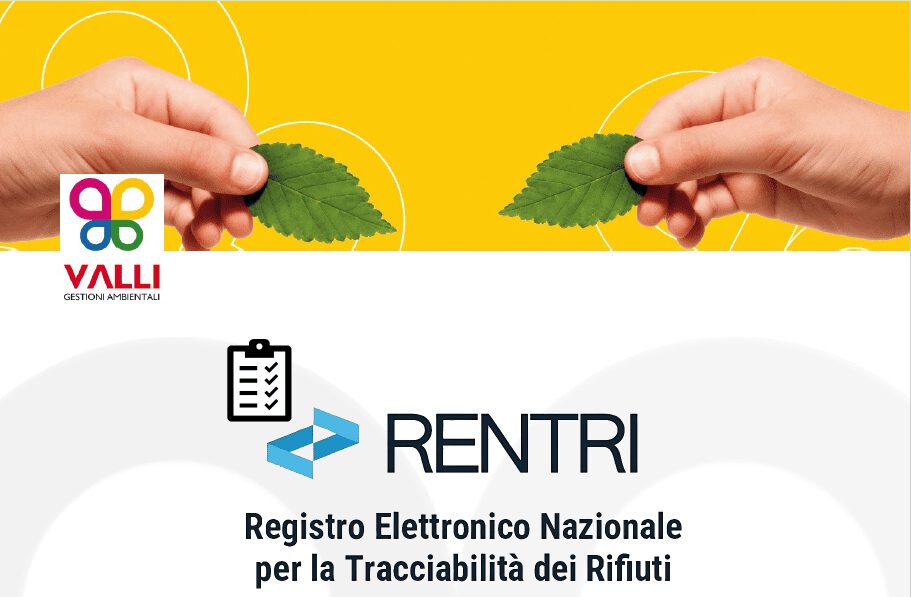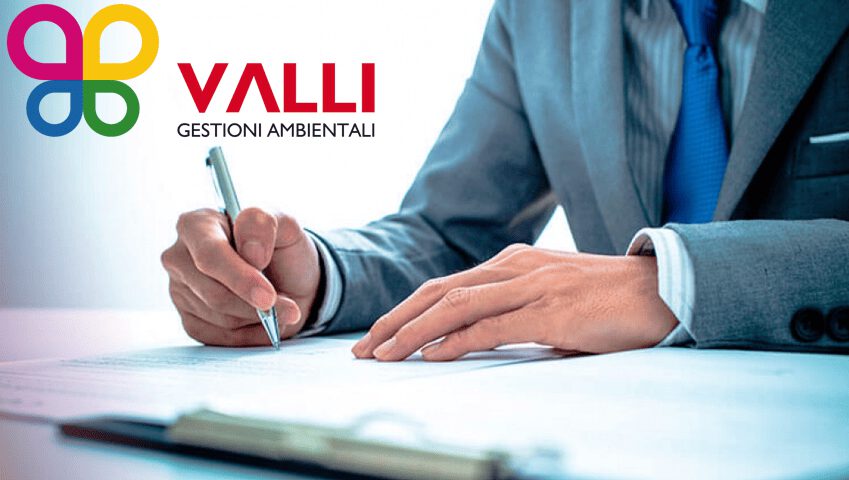Among the main issues in the field of Waste Management Regulations 2023 that are found in the framework of transposition into the current Italian legislation on Waste Disposal of the European obligations of Directive 2018/851/EU, which amended Directive 2008/98/EC on waste, and Directive 2018/852/EU, which amended Directive 1994/62/EC on packaging and packaging waste, Are:
- Waste Form Obligation
with the extension of the computerized waste traceability system and the creation of an electronic register on a national basis (RENTRI) which allows the transmission by bodies and companies of data from waste traceability documents (loading and unloading registers and forms) and greater effectiveness of control activities.
The RENTRI System consists of traceability procedures and tools that allow telematic interaction with companies’ management systems, the dematerialization and electronic circulation of loading and unloading registers and waste accompanying documents, the use of techniques for the digital signing of documents and for digital preservation, interoperability for cross-border transits and access to data by control bodies, the verification and sending of the communication of the recovery or disposal of waste, pursuant to Article 188, paragraph 5 of Legislative Decree 152/2006. This tool has the technical operational support of the National Register of Managers and is divided into two sections:
1) a personal data section, including the data of the registered subjects and information relating to authorizations for waste management;
2) a traceability section including data relating to loading and unloading registers, forms and vehicle routes in cases to be established.
The process of adopting the new national electronic register for waste traceability (RENTRI), as defined by the procedures and articles 189, 190, 193 of Legislative Decree 152/2006, to date has been divided into the following steps:
- On 1 June 2021, the portal for the development of the RENTRI prototype and the digital transmission of data from loading and unloading registers and waste identification forms by operators subject to the obligation was created on the www.rentri.it website;
- On 10 June 2021, the testing phase of the RENTRI prototype began;
- On 29 September 2022, the draft RENTRI regulation was notified to the European Commission;
- On 22 December 2022, the Council of State (CdS) expressed a favourable opinion on the draft regulation of the RENTRI.
- Obligations of the producer
with the reform of extended producer responsibility understood as the financial and organizational responsibility for the management of the phase of the life cycle in which the product becomes waste, in order to promote the prevalence of preparation for reuse and recycling over other forms of recovery to promote the correct implementation of the waste hierarchy and the protection of health and the environment.
Even if art. 188 of D.L.gs no. 152 of 2006 “Responsibility for waste management” refers several times to the “holder”, the “producer” or both indistinctly, the two figures are not interchangeable and there is a difference between producer and holder of waste.
Pursuant to art. 183, paragraph 1, letter h), in fact, the “holder” is defined as the producer of the waste or the natural or legal person who is in possession of it, while in letter f) the “waste producer” is defined as the person whose activity produces waste (initial producer) or in any case who carries out pre-treatment, mixing or other operations that have changed the nature or composition of such waste (new producer).
- Current Italian Legislation on Waste Disposal
Waste management must take place in compliance with the following hierarchy, pursuant to art. 179 (Priority criteria in waste management):
- Prevention;
- Preparation for reuse;
- Recycling;
- Other recovery, e.g. energy recovery;
- Disposal.
If recovery is not carried out, waste must be subjected to safe disposal operations that comply with the provisions on the protection of human health and the environment.
By 31 December 2024, the Commission will carry out an assessment of the disposal operations defined in Annex I to Directive 2008/98/EC and, where appropriate, submit a report to the European Parliament and the Council accompanied by a legislative proposal in order to regulate disposal operations, including through possible restrictions, and to consider a disposal reduction target, to ensure proper environmental waste management.
Companies certified as Valli Gestioni Ambientali guarantee that waste management takes place in compliance with the priority criteria defined by the legislation, allowing health and the environment to be protected. Contact us for a quote!




